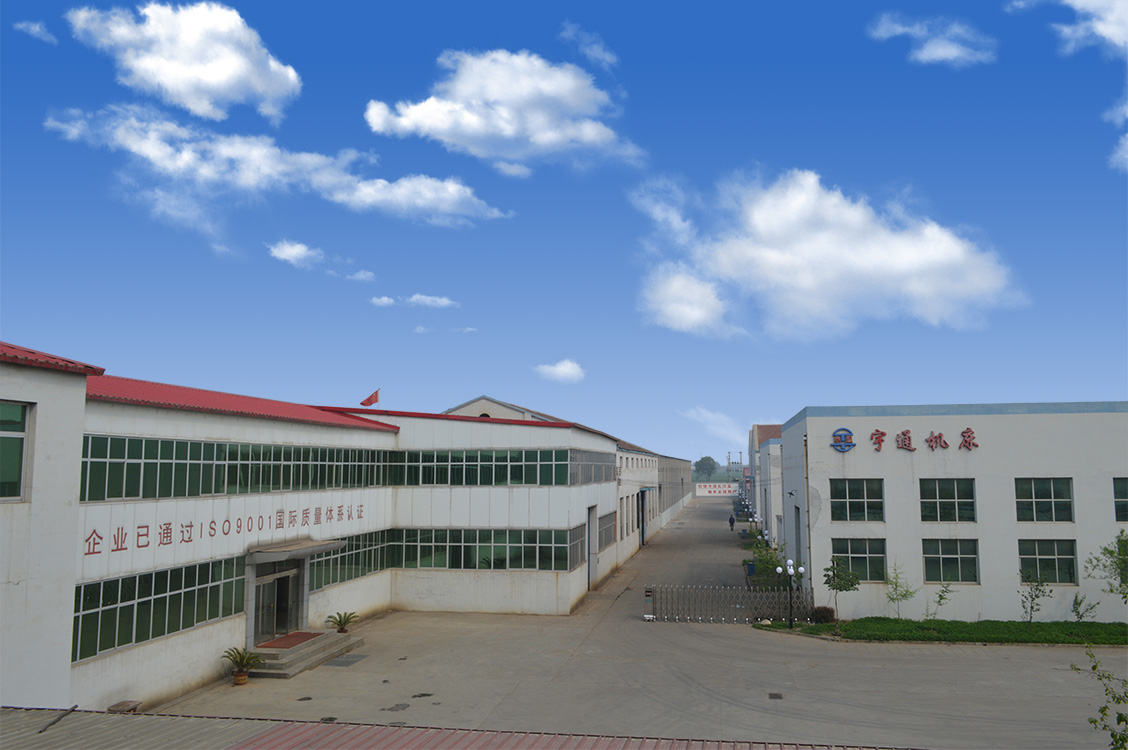
-
 Afrikaans
Afrikaans -
 Albanian
Albanian -
 Amharic
Amharic -
 Arabic
Arabic -
 Armenian
Armenian -
 Azerbaijani
Azerbaijani -
 Basque
Basque -
 Belarusian
Belarusian -
 Bengali
Bengali -
 Bosnian
Bosnian -
 Bulgarian
Bulgarian -
 Catalan
Catalan -
 Cebuano
Cebuano -
 Corsican
Corsican -
 Croatian
Croatian -
 Czech
Czech -
 Danish
Danish -
 Dutch
Dutch -
 English
English -
 Esperanto
Esperanto -
 Estonian
Estonian -
 Finnish
Finnish -
 French
French -
 Frisian
Frisian -
 Galician
Galician -
 Georgian
Georgian -
 German
German -
 Greek
Greek -
 Gujarati
Gujarati -
 Haitian Creole
Haitian Creole -
 hausa
hausa -
 hawaiian
hawaiian -
 Hebrew
Hebrew -
 Hindi
Hindi -
 Miao
Miao -
 Hungarian
Hungarian -
 Icelandic
Icelandic -
 igbo
igbo -
 Indonesian
Indonesian -
 irish
irish -
 Italian
Italian -
 Japanese
Japanese -
 Javanese
Javanese -
 Kannada
Kannada -
 kazakh
kazakh -
 Khmer
Khmer -
 Rwandese
Rwandese -
 Korean
Korean -
 Kurdish
Kurdish -
 Kyrgyz
Kyrgyz -
 Lao
Lao -
 Latin
Latin -
 Latvian
Latvian -
 Lithuanian
Lithuanian -
 Luxembourgish
Luxembourgish -
 Macedonian
Macedonian -
 Malgashi
Malgashi -
 Malay
Malay -
 Malayalam
Malayalam -
 Maltese
Maltese -
 Maori
Maori -
 Marathi
Marathi -
 Mongolian
Mongolian -
 Myanmar
Myanmar -
 Nepali
Nepali -
 Norwegian
Norwegian -
 Norwegian
Norwegian -
 Occitan
Occitan -
 Pashto
Pashto -
 Persian
Persian -
 Polish
Polish -
 Portuguese
Portuguese -
 Punjabi
Punjabi -
 Romanian
Romanian -
 Russian
Russian -
 Samoan
Samoan -
 Scottish Gaelic
Scottish Gaelic -
 Serbian
Serbian -
 Sesotho
Sesotho -
 Shona
Shona -
 Sindhi
Sindhi -
 Sinhala
Sinhala -
 Slovak
Slovak -
 Slovenian
Slovenian -
 Somali
Somali -
 Spanish
Spanish -
 Sundanese
Sundanese -
 Swahili
Swahili -
 Swedish
Swedish -
 Tagalog
Tagalog -
 Tajik
Tajik -
 Tamil
Tamil -
 Tatar
Tatar -
 Telugu
Telugu -
 Thai
Thai -
 Turkish
Turkish -
 Turkmen
Turkmen -
 Ukrainian
Ukrainian -
 Urdu
Urdu -
 Uighur
Uighur -
 Uzbek
Uzbek -
 Vietnamese
Vietnamese -
 Welsh
Welsh -
 Bantu
Bantu -
 Yiddish
Yiddish -
 Yoruba
Yoruba -
 Zulu
Zulu
thread rolling machine hs code
Understanding the HS Code for Thread Rolling Machines
In today's globalized marketplace, understanding the harmonized system (HS) code for various machinery is critical for businesses involved in international trade. Among these, thread rolling machines are essential tools for producing high-quality threads on various materials. This article delves into the significance of the HS code for thread rolling machines, its applications, and why it matters in international trade.
What is an HS Code?
The harmonized system (HS) code is an internationally standardized numerical method of classifying traded products. Developed by the World Customs Organization (WCO), the HS code is crucial for customs processes, ensuring that goods are categorized uniformly across different countries. Each product is assigned a unique code, usually comprising six digits, which can be expanded further by individual countries for more specific classifications.
Why is the HS Code Important for Thread Rolling Machines?
Thread rolling machines are used extensively in manufacturing industries, especially in producing fasteners such as bolts, screws, and nuts. These machines can enhance productivity by transforming raw materials into precise components through rolling processes instead of cutting, which can often lead to wastage.
Assigning an appropriate HS code to thread rolling machines is important for several reasons
1. Customs Duties and Tariffs Different countries impose varying tariffs on machinery based on their HS codes. Accurately categorizing thread rolling machines helps businesses anticipate and manage import/export costs effectively.
2. Trade Compliance Incorrect classification can lead to compliance issues, resulting in potential fines or delays. Understanding the right HS code ensures that businesses adhere to international regulations.
3. Market Research and Analysis Businesses can analyze trade patterns and market demands based on the HS code categorization, allowing them to strategize better for supply chain management.
thread rolling machine hs code

4. Facilitating Trade A standardized HS code simplifies the customs processes, helping reduce the time and complexities involved in importing or exporting machinery across borders.
The HS Code for Thread Rolling Machines
Typically, thread rolling machines fall under the HS code 8462, which relates to machine tools specifically for working metal and certain materials. More specifically, the code can further subdivide to classify machines based on their intended use, functionality, and capacity. For businesses dealing with thread rolling machines, the sub-categories can help in identifying the exact classification they need for international trade.
Industries Utilizing Thread Rolling Machines
Several industries utilize thread rolling machines, including
1. Automotive Industry Producing bolts and nuts for vehicle assembly. 2. Construction Manufacturing fasteners used in various building projects. 3. Aerospace Creating high-precision components critical for safety and performance.
Conclusion
Understanding the HS code for thread rolling machines is vital for businesses involved in manufacturing and international trade. By ensuring accurate classification, companies can navigate customs regulations, manage costs, and enhance operational efficiency. Moreover, in an era where trade policies and regulations are continually evolving, staying informed about HS codes and their implications is crucial for maintaining a competitive edge in the global market.
Overall, whether you are an exporter, importer, or manufacturer, familiarity with the HS code relevant to thread rolling machines can lead to better decision-making and strategic planning, ultimately driving business success in an increasingly interconnected world.
